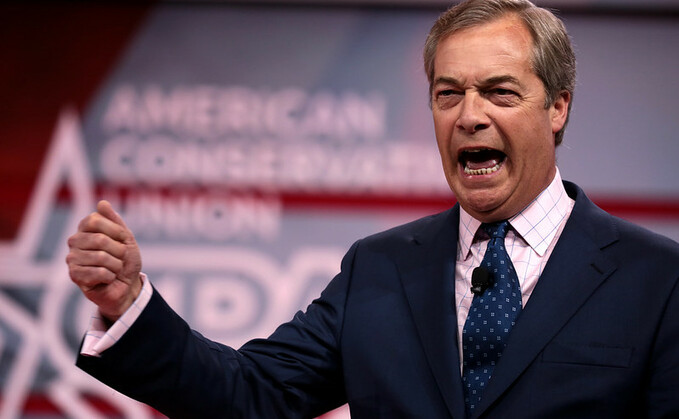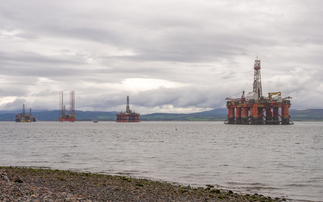
Nigel Farage has been pilloried for his new campaign which would likely increase the UK's reliance on Russian fossil fuels | Credit: Gage Skidmore
Former UKIP leader formally launches campaign for UK to ditch net zero targets, as government reiterates importance of accelerating clean energy development
Former UKIP leader Nigel Farage yesterday formally launched a new campaign calling for a referendum on the UK's net zero target, sparking accusations the move would undermine investment and job creation...
To continue reading this article...
Join BusinessGreen
In just a few clicks you can start your free BusinessGreen Lite membership for 12 months, providing you access to:
- Three complimentary articles per month covering the latest real-time news, analysis, and opinion from Europe’s leading source of information on the Green economy and business
- Receive important and breaking news stories via our daily news alert
- Our weekly newsletter with the best of the week’s green business news and analysis









